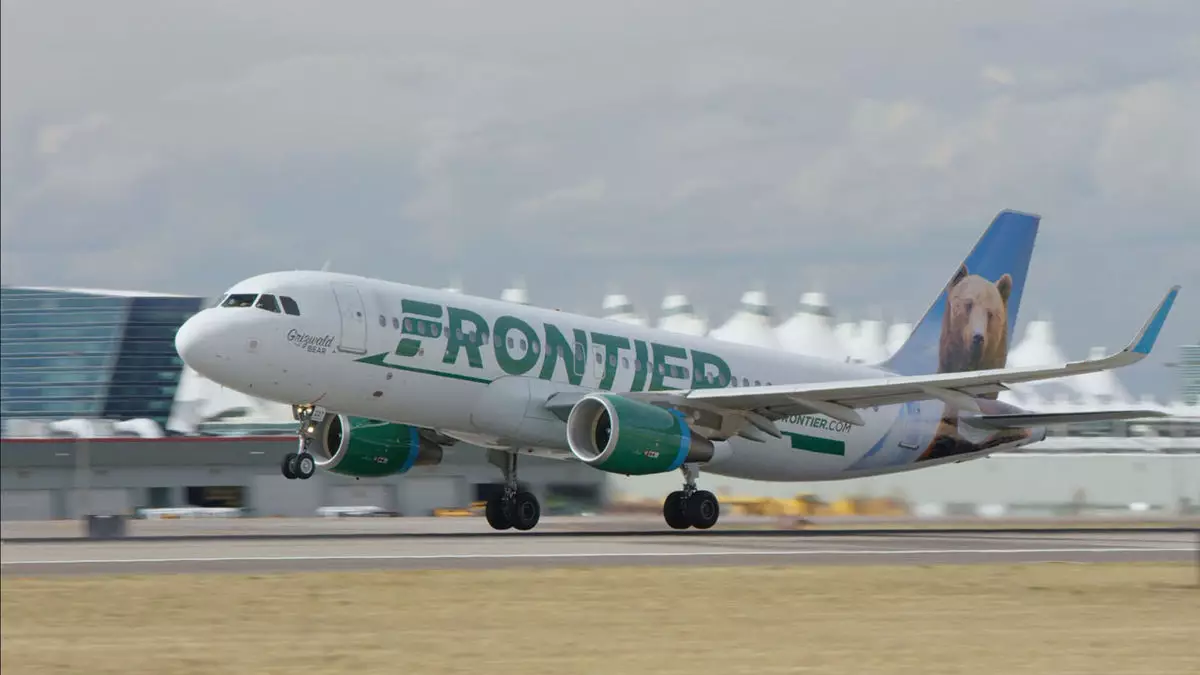United Airlines CEO Scott Kirby has expressed skepticism regarding the recent changes in the merchandising model of Frontier Airlines. Kirby believes that the new approach is doomed to fail, and he warns that Spirit Airlines could face the same fate if it follows a similar path. Kirby criticized Frontier for moving away from its traditional focus on low-cost, price-sensitive leisure customers and attempting to compete with major U.S. airlines on non-leisure routes. He emphasized the importance of sticking to a well-established business model rather than attempting drastic transformations that may alienate core customers.
Frontier Airlines recently introduced bundled fares and shifted its focus from leisure routes to more competitive markets. This move has raised concerns about the sustainability of Frontier’s business model. Kirby warned that pretending to be a business airline while maintaining a low-cost, leisure-focused culture is a recipe for failure. Frontier CEO Barry Biffle defended the airline’s new direction, suggesting that United might be feeling pressure from the competition. However, the viability of Frontier’s strategy remains uncertain as it deviates from its traditional low-cost, bare-bones approach.
Like Frontier, Spirit Airlines has also made changes to its fee structure and is considering adjustments to appeal to high-end flyers. Kirby’s criticisms extend to Spirit as well, as he believes that the dynamics of the U.S. airline industry are now favoring full-service carriers over ultralow-cost airlines. The recent quarterly losses incurred by both Spirit and Frontier further highlight the challenges faced by carriers attempting to shift their business models.
The experiences of Frontier and Spirit Airlines serve as cautionary tales for other carriers considering major changes to their operations. The airline industry is highly competitive, and any deviation from a well-established business model can have far-reaching consequences. United Airlines’ CEO’s critique underscores the importance of strategic consistency and customer-centric decision-making in an increasingly volatile market. As airlines navigate the complexities of a post-pandemic world, it is essential to balance innovation with a thorough understanding of customer needs and market dynamics.
The cautionary tales of Frontier and Spirit Airlines highlight the risks associated with drastic changes to established business models in the airline industry. While innovation is essential for growth, it must be guided by a deep understanding of customer preferences and market trends. United Airlines’ CEO’s critique serves as a reminder of the challenges faced by airlines seeking to redefine their identities in a competitive landscape. Ultimately, the success of airlines depends on their ability to adapt to changing circumstances while staying true to their core values and customer base.


Leave a Reply